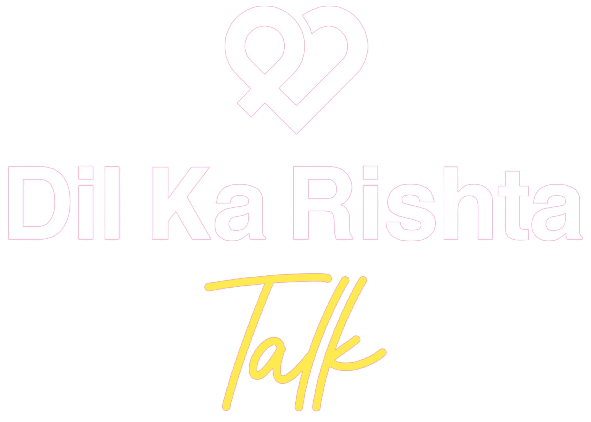Postpartum depression (PPD) is a complex mix of changes in a woman’s body, emotions, and behavior that can happen after she has a baby.
PPD is a type of major depression that starts in the first four weeks after giving birth. Postpartum depression is diagnosed based on both how long it has been since the baby was born and how bad the depression is.
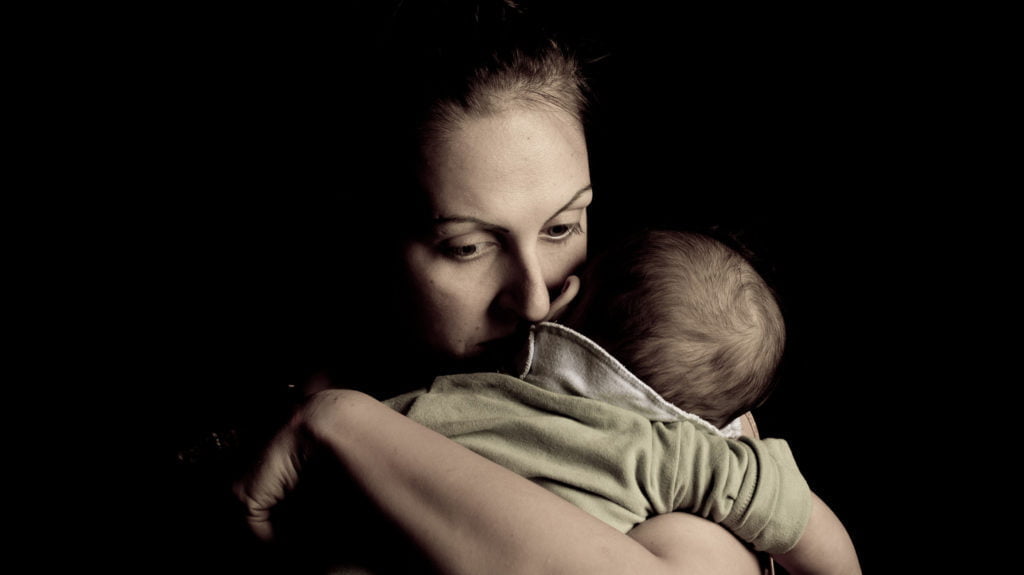
Postpartum depression is linked to changes that happen to your body, your social life, and your mind after you have a baby. The term refers to a range of physical and emotional changes that many new mothers go through. Medication and therapy can be used to treat PPD.
Hormones drop quickly after birth, which is one of the chemical changes that cause depression. It’s still not clear what this drop has to do with depression. In addition to these chemical changes, the social and mental changes that happen after having a baby also make it more likely that the person will become depressed.
Research shows that about 1 in 10 new fathers also get depressed in the year after their child is born.
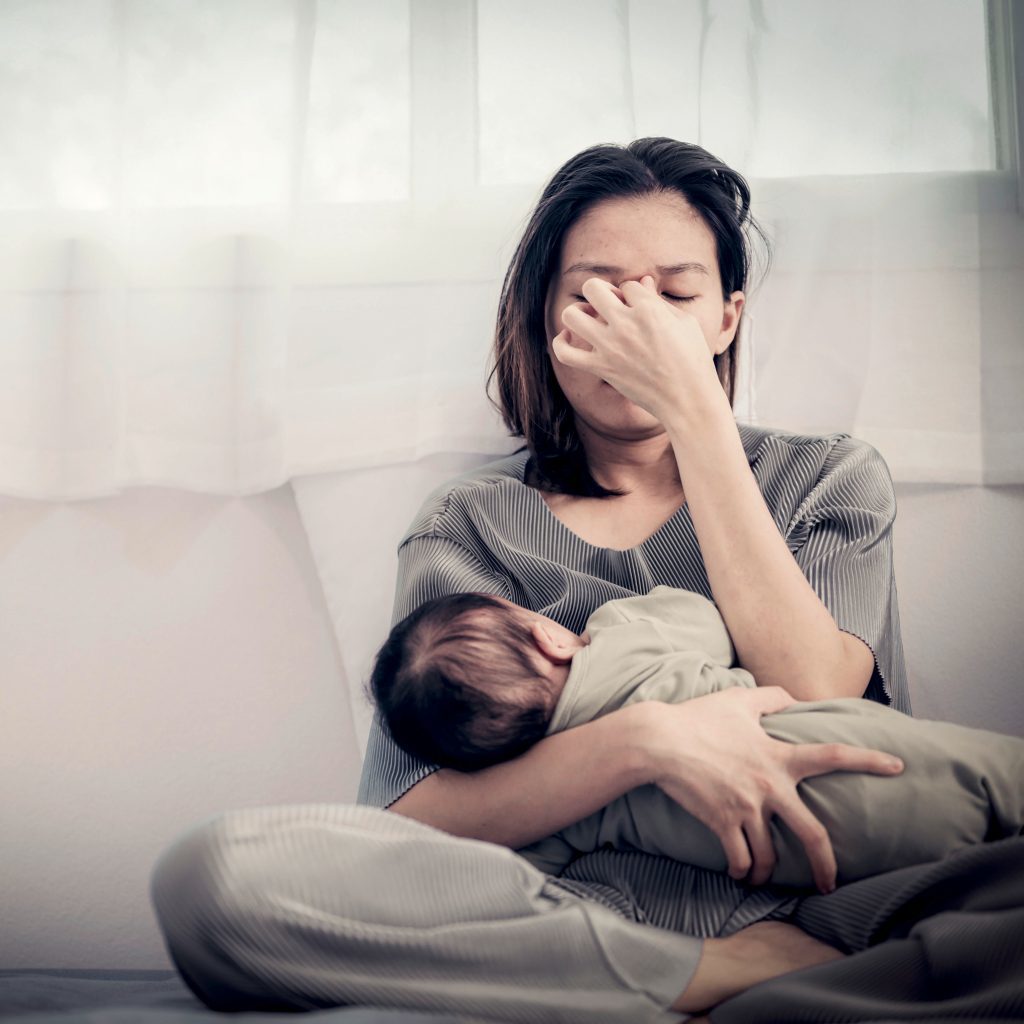
It can be hard to spot the signs of postpartum depression. After giving birth, these things happen to a lot of women:
- Trouble sleeping
- Changes in hunger
- Severe fatigue
- Lower libido
- Frequent mood changes
With PPD, these and other signs of major depression that don’t usually happen after giving birth, such as:
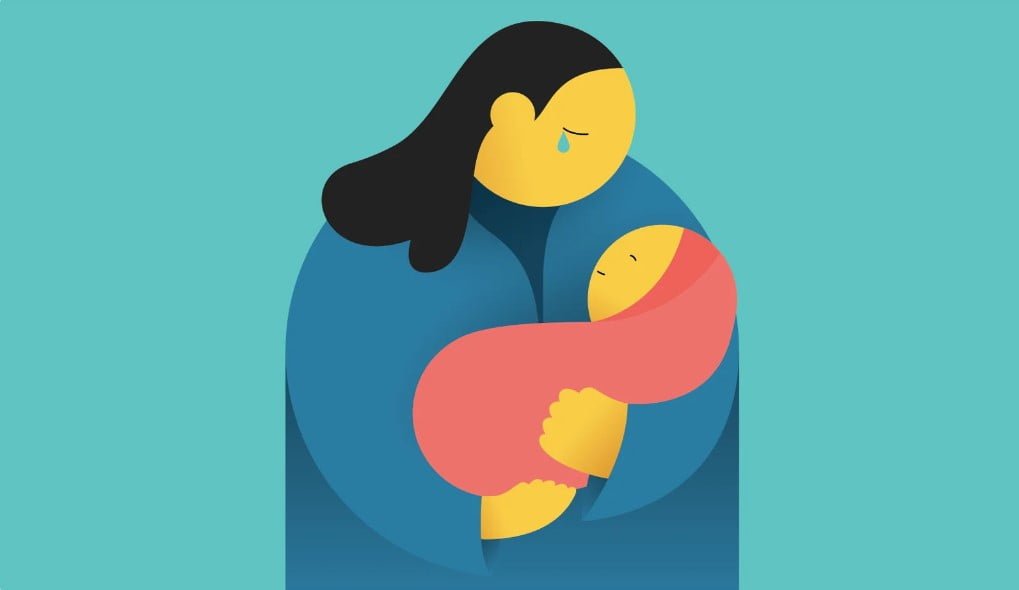
- If you don’t care about your baby or don’t feel like you’re bonding with them,
- Always crying, often for no reason
- Sad state of mind
- A lot of anger and irritability
- Loss of enjoyment
- Feelings of being worthless, having no hope, and not being able to help
- Thoughts of dying or killing oneself
- Thoughts about hurting other people
- Having trouble staying focused or making decisions
PPD known as Postpartum depression is one of the most neglected and undiscussed topics in Pakistani society. Many people in Pakistani society do not even acknowledge the fact that depression exists and just like any other disease, it can be also sought help for.
Postpartum depression affects a large number of Asian women. Environmental, cultural, and societal issues are only a few of the aspects that Pakistan’s PPD growth is influenced by. Pakistani women living in other nations face similar dangers. The lack of sympathy for women struggling with depression in Pakistan makes it more difficult to come out of their shells and express themselves. This results in them suffering in silence and the disease continues to get worse.
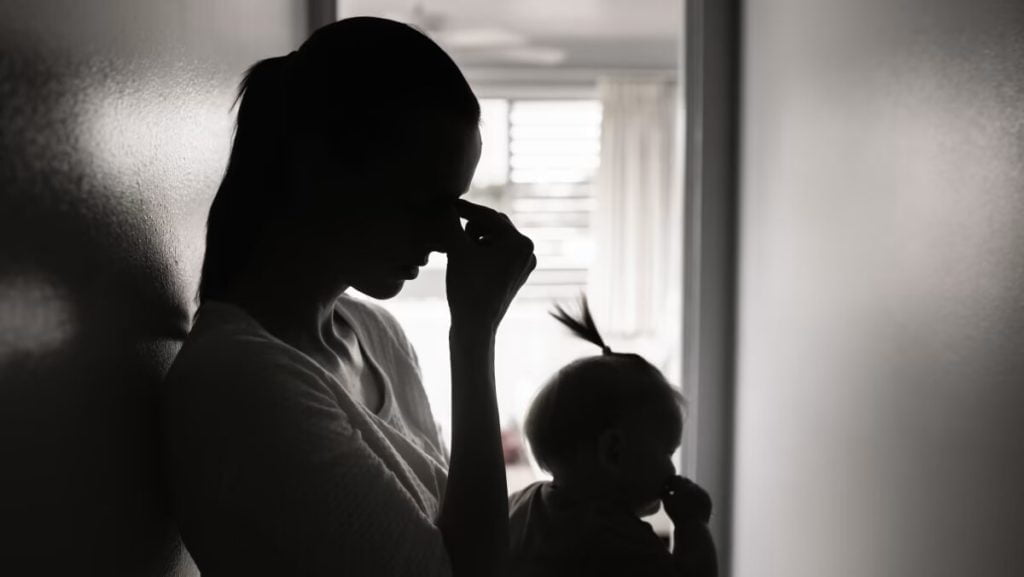
Given the fact that Asia ranks on top with the highest rate of women with PPD ranging from 28 to 63 percent. One in five women experiences depression during pregnancy or after childbirth. It is also common in men in the first year after childbirth.
When it comes to postpartum depression, Pakistani women face a unique set of challenges. In a country where mental health is often seen as taboo, many new mothers are reluctant to seek help for fear of being stigmatized. This can lead to a dangerous spiral of isolation and despair. But there is hope. Comprehensive training help highlight the issue by medical professionals and gynecologists because and can help raise awareness of postpartum depression and educate peri-urban patients and their families, ensuring that they receive treatment and follow-up.
If you’re struggling with postpartum depression, know that you are not alone and come out to seek help. There is a community of women out there who understand what you’re going through and are here to support you.

